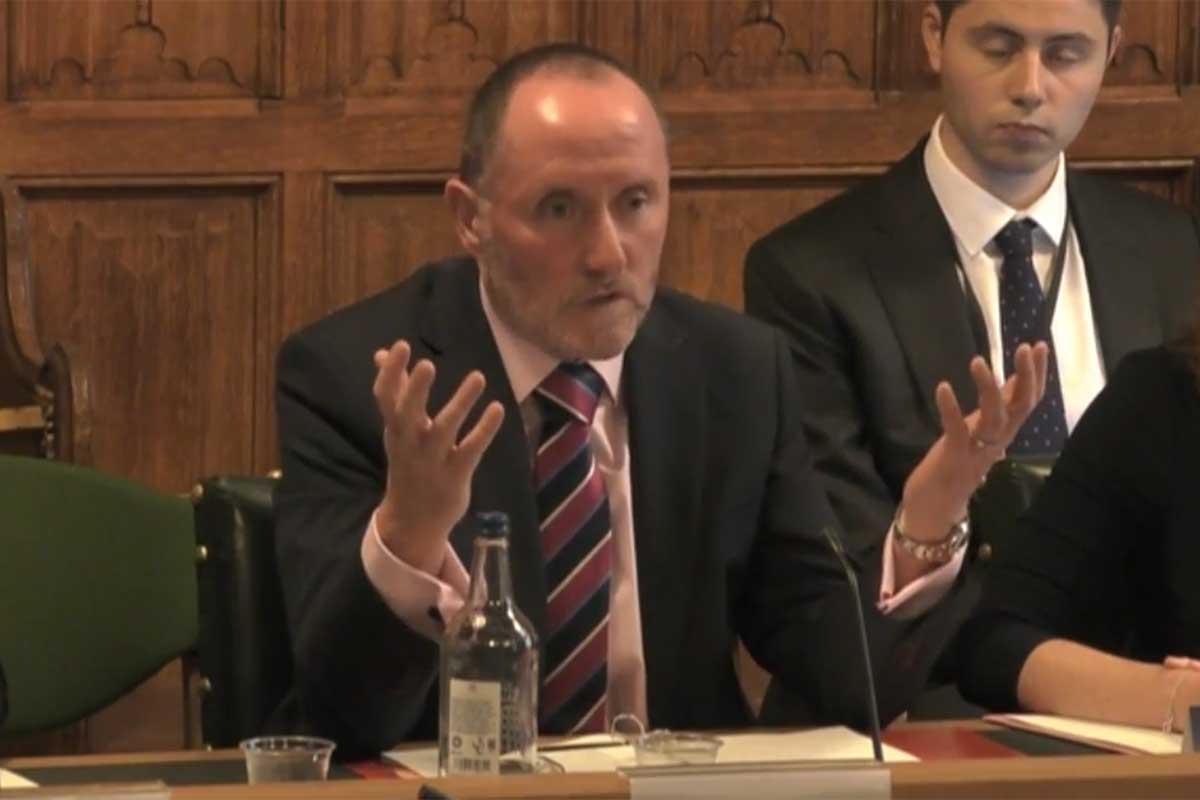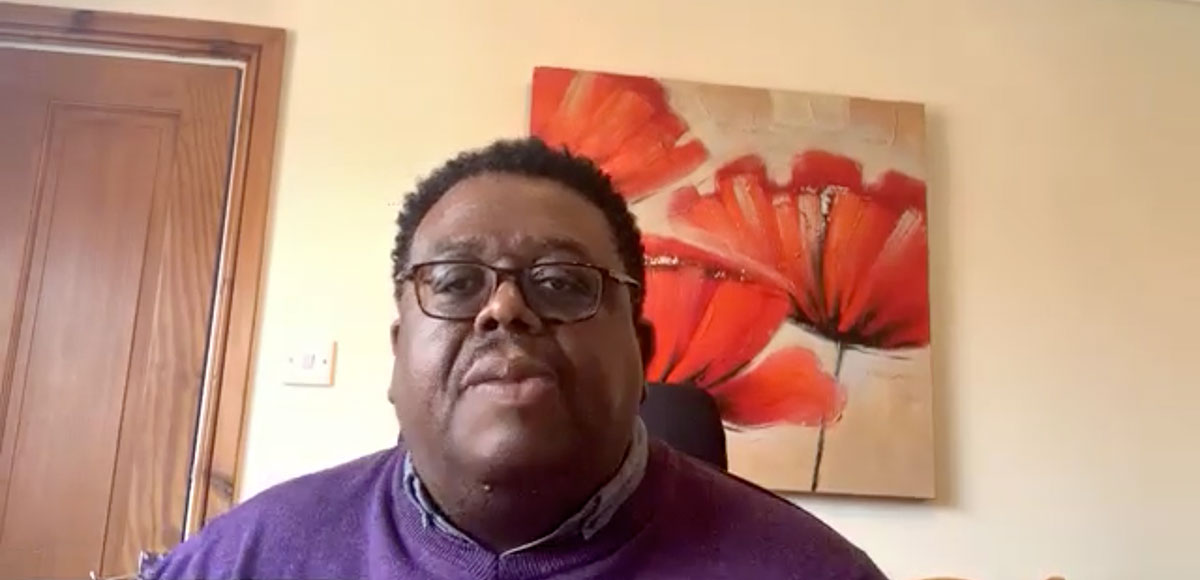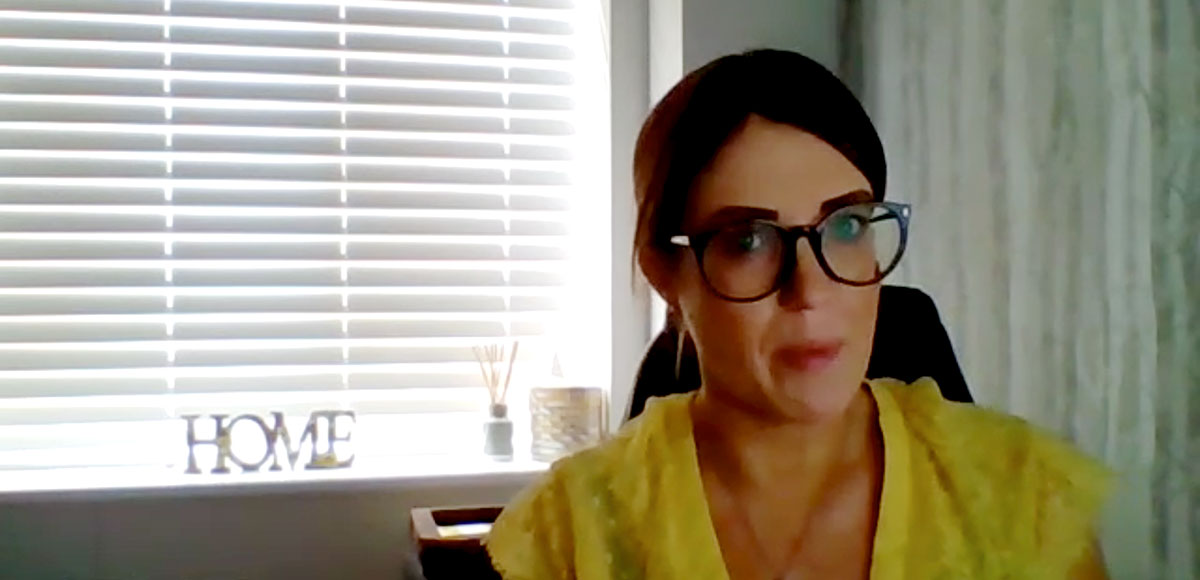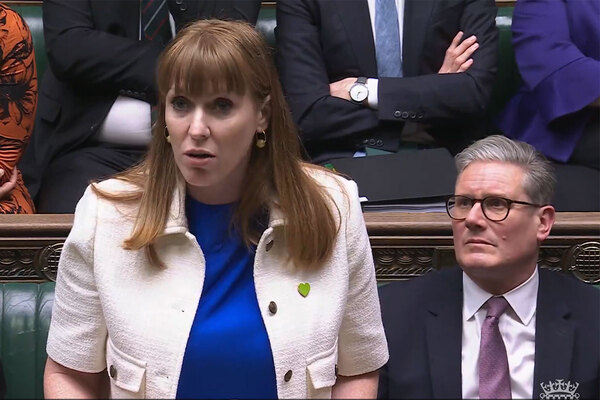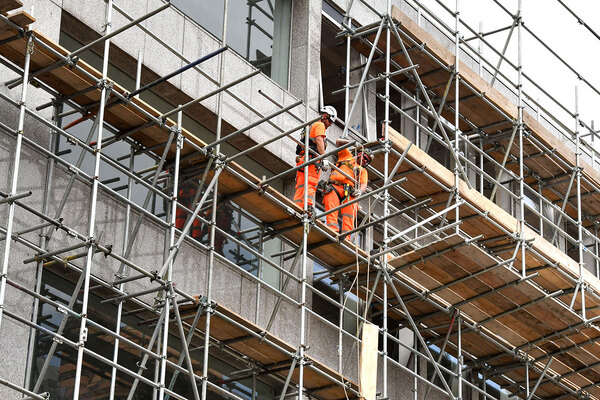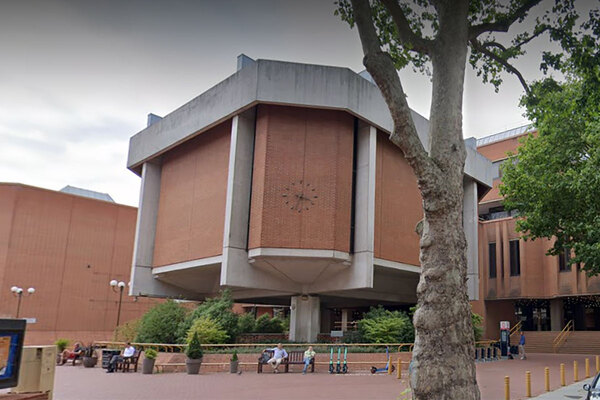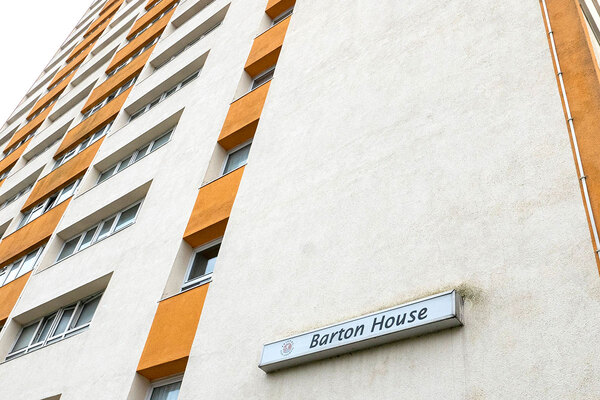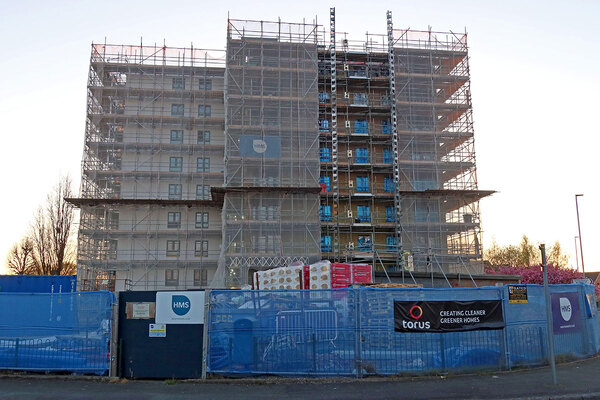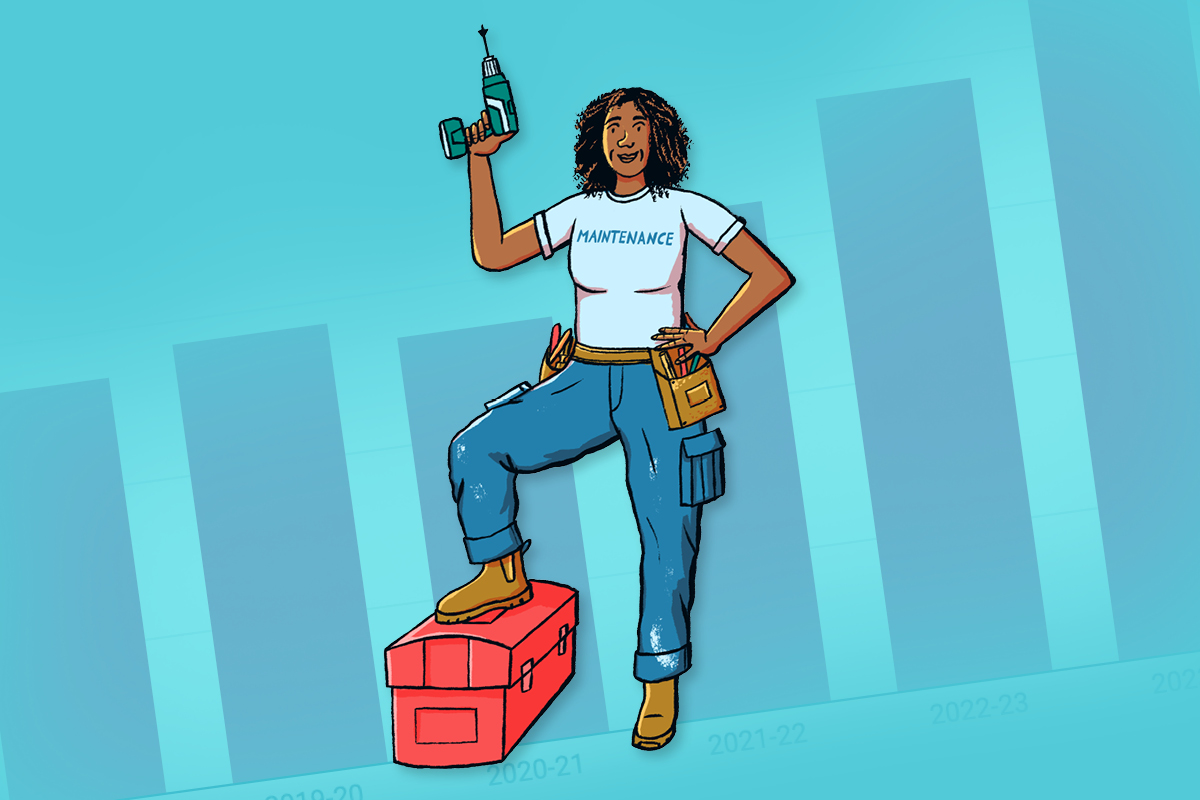What is co-production and how can it help residents and landlords work together?
Co-production should bring tenants into decision-making as equal partners. But, as a roundtable by Inside Housing and Aico found out, there are questions on how to make it work. Illustration by Neil Webb
In association with:
Since the Grenfell Tower tragedy, the message from government has been that tenants should be at the heart of decisions over their homes, with the Fire Safety Act and Building Safety Bill putting residents front and centre. As part of this, the idea of co-production has rocketed up the agenda. Behind the concept is the belief that landlords and residents should share power and both make contributions to improve the quality of life for communities. As part of a Resident Safety Campaign, in association with home life safety specialist Aico, Inside Housing hosted a roundtable to discuss the complexities of co-production.
Making co-production work
There is no single definition of co-production, but it is understood to be a method of solving a problem or designing a service where a provider and users work together on an equal basis to agree a solution.
To kick off the discussion, Inside Housing’s editor Martin Hilditch asks the virtual roundtable what they think co-production is and how it might best work.
Dr Elke Loeffler, a senior lecturer at the University of Strathclyde, says: “The definition I’ve been using in a lot of my work says that co-production is about tenants and communities harnessing each other’s skills and resources to improve public outcomes, or efficiency. It’s about both groups making contributions and while these don’t need to be equal, they are both equally important.”
Mark Gittos, community development and digital officer at association Vivid, views co-production as having two sides: the passive approach and the active approach. “Some people will do a bit of publicity, a bit of public education, and maybe a bit of public input, which is co-creation, but it’s very passive,” he says. “The more public interaction and public partnership and moving stuff forward is the more active way of approaching it.”
A phrase that has always stuck with him, he says, is: “Don’t do something about me without me.”
Mr Gittos adds: “It’s person-to-person relationships, building trust and building things together.”
Clenton Farquharson, chair of the Think Local Act Personal partnership board, a partnership of more than 50 organisations that are committed to transforming health and care through community-based action to give better personal lives rather than services, warns that co-production is “becoming an industry and we need to be careful”. He believes the idea is about “understanding power and power dynamics, and understanding the connections and relationships that we form”. He says people will have their own assumptions, beliefs and understanding. “If it’s about people, co-production is messy, so there’s not a logical process or one person leading,” he says.
Steph Kelley, building safety operations manager at Thirteen Group, says that the concept of co-production is top of her agenda. “We’re not reinventing the wheel, but trying to work in a more meaningful way. We’re asking residents how they’d like to be involved in terms of building safety, how they’d want to help shape the service and information we offer, and what they’d like to see us do. We are trying to flesh that out to understand what that looks like for us,” she says. “It’s really easy for organisations to be tokenistic with it.”
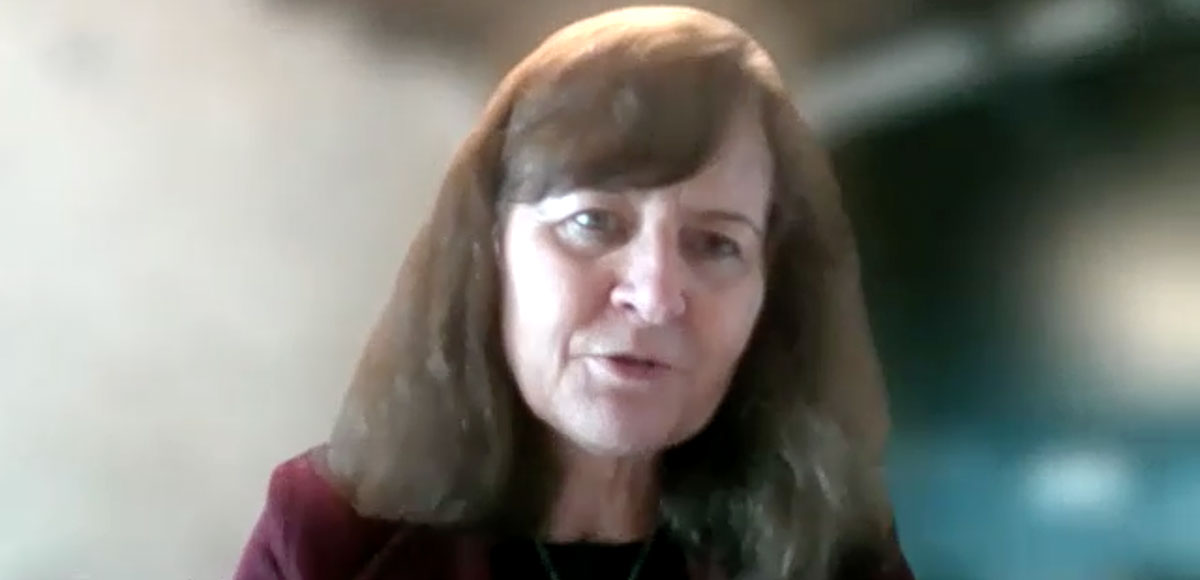
In practice
For Kate Lindley, service lead at Socitm Advisory, an organisation that encourages open dialogue, innovation and ideas, co-production is about the method of approaching problems. “When I think about co-production, co-design and working together, it’s as much about mindset as it is about skill sets,” she says. “This is about people listening to people and working out the best route to solve a particular problem.”
Steve Webster, co-chair of Hackney Council’s resident liaison group, says there are “many definitions of co-production”. He adds: “The challenge is turning the theory into practice. We can have a lot of academic debates, but I think we have to take off our socks, dip our toe in the water and make it work. There’s lots of cynicism in Hackney among residents, which I understand, but we have to take that on the chin and work with people.”
Ann Hodges, resident and chair of Hull City Council’s Multistorey Living Focus Group, says: “Communication is the key and we must identify which residents want to be communicated with. But this needs to be constantly reviewed as personal situations can change. When done well, co-production can have a positive impact, but it is a two-way, open process.”
So why use co-production? As the Grenfell Tower fire showed, there were clearly failings involving the landlord not listening to residents.
Tony Boyle, relationships manager at Aico, says co-production can help empower residents and give them the confidence to “speak up and voice their opinions without any fear of repercussion and judgement”. But he says it is important that efforts at co-production do not just become a “talking shop” and that “constructive conclusions are actually born”. He adds: “It’s important that we don’t lose sight of what we’re trying to achieve.”
Stephen Flounders, director of risk and assurance at association Gentoo Group, agrees that putting tenants
at the centre is key. “If we are to put our residents at the heart of everything that we do, then we have to live and breathe that and co-production and involving them in the measures that we’re going to set out,” he says.
Stephen Johnson, a member of the Together with Tenants advisory panel, says clear communication and language can help with talking about building safety. “I’ve heard a lot about the golden thread of information, but if I talk to my neighbour about that, they look at me like I’m from an alien planet. It’s important that we don’t keep it to the managers, the specialists – we need to communicate to ordinary tenants,” he says.
He says that building safety is a technical area and it is not always easy for some tenants to understand. “I think there should be an obligation to ensure that tenants are supported and adequate training is given to make them familiar with the work of contractors,” he says.
Buy-in from leadership
What, then, are some of the experiences of co-production and what can be learned?
Cath Owston, executive director of customer experience at Yorkshire Housing, offers some advice based on her experience. “It doesn’t just happen,” she says. “You have to invest in resources and peer support. You have to look at getting an independent facilitator in to start building that relationship of trust. There also has to be an investment of time from the leadership. It has to be the top brass that are committed to co-production, so it doesn’t just become a badge of honour.”
Mr Webster says one issue when trying to put co-production in place relates to landlords that over-promise and under-deliver and try to over-manage tenants. “Us tenants can see through waffle,” he adds.
Dr Loeffler says there can be a danger of too much bureaucracy. “It is risky to overload co-production experimentation with too much focus on governance issues, on committee structures,” she explains. “At the beginning, when co-production is small, it should be kept flexible and fluid, and people may want to leave as they find out this is actually boring stuff. Then some new people might want to join the group. A lot of co-production is not about people who are representative, but it’s about people who know and care.”
Mr Farquharson says people can think that co-production is an end point in itself, but they “need to understand it’s a vehicle to help better conversation”.
He adds: “There’s lots of talk about pledges, charters, commitments. But for me, it’s simple. How do you put into words the actions that enable the trust to evolve?”

The debate then moves on to the question of having some form of national framework for co-production. Ms Owston says a national framework would be helpful to “get people started”. But she adds: “My concern would be if that becomes overly prescriptive. Then we’re taking away that something that needs to develop locally. If we have a resident engagement strategy, it gives people the freedom to be innovative, and respond to things locally rather than being overly prescriptive.”
Mr Farquharson also suggests that it is important to include a broad spectrum of voices, particularly disabled people. “Fire safety issues for disabled people are not taken seriously,” he says. “Most disabled people I do not see in the conversation. We’re hidden in plain sight.”
Mr Webster says he thinks a national set of standards would be a good idea, but agrees that there should not be a one-size-fits-all approach. “That would defeat the object in terms of resident engagement,” he says. “There needs to be scope for residents and landlords to develop their own approach within a national framework.”
He agrees about getting a variety of input. “I’d want to see that all the forums, panels, webinars that landlords set up are not just packed with those people who shout the loudest, but they are actually representative of residents across a landlord’s patch.”
He adds: “It’s only when we get lots of different voices coming in, lots of different ideas, that we can start to move forward with co-production.”
Finally, on the issue of fire safety and its relation to co-production, Mr Boyle points to laws that are now in place in Scotland that mean people are legally required to have interlinked fire alarms, regardless of tenure, and this is partly the result of listening to tenants. “A big part of the process around that was to take into account the residents’ voice,” he says. “Those opinions were taken into account before this legislation was approved and it’s fantastic in terms of improving building safety. Maybe England should look to follow suit?”
Participants
Martin Hilditch (chair)
Editor, Inside Housing
Tony Boyle
Relationships manager, Aico
Clenton Farquharson MBE
Chair, Think Local Act Personal partnership board
Stephen Flounders
Director of risk and assurance, Gentoo Group
Mark Gittos
Community development and digital officer, Vivid
Ann Hodges
Resident and chair, Multistorey Living Focus Group, Hull City Council
Stephen Johnson
Member, tenant advisory panel, Together with Tenants, and chair, Notting Hill Genesis scrutiny panel
Steph Kelley
Building safety operations manager, Thirteen Group
Kate Lindley
Service lead, Socitm Advisory
Dr Elke Loeffler
Senior lecturer – work, employment and organisation, University of Strathclyde
Cath Owston
Executive director of customer experience, Yorkshire Housing
Steve Webster
Co-chair, resident liaison group, Hackney Council


